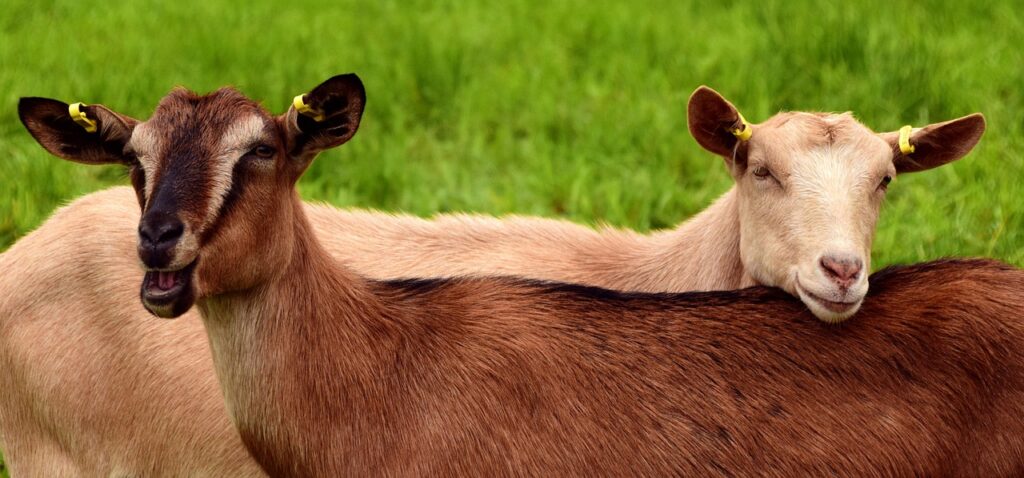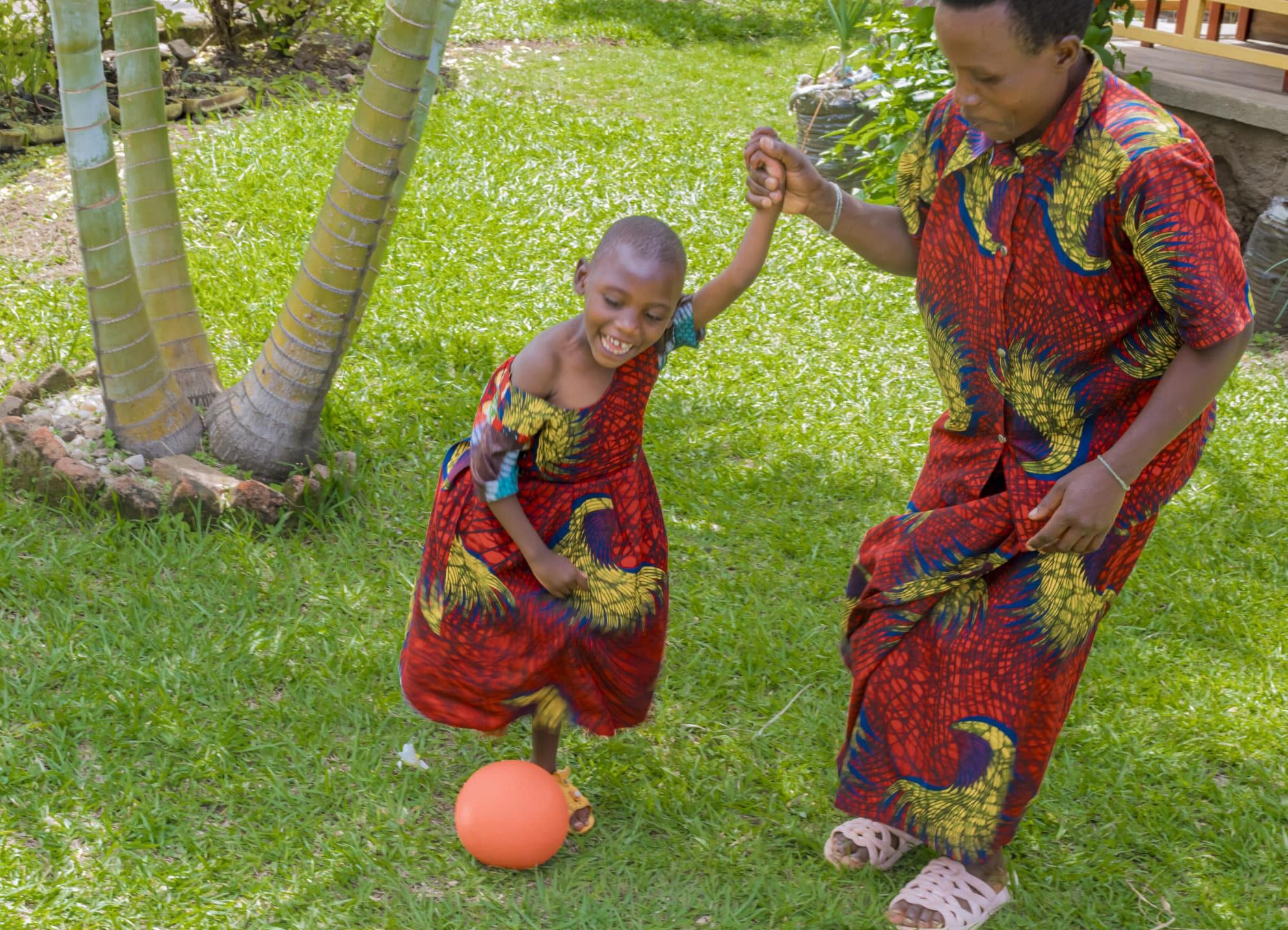In Rwanda your support has helped Chadia to grow up in a loving home, despite the challenges she and her family have faced.
When Chadia was young her parents discovered that she couldn’t sit or stand, and suffered from epileptic seizures. The couple’s relationship fell apart, and Chadia’s mother Bwiza was suddenly left all alone to raise seven children with very little money.
“I was overwhelmed and heartbroken,” Bwiza says, “people whispered about me, saying I must have done something wrong to deserve a child like Chadia.”
Life for the family was extremely hard. There was no money for Chadia’s medicine, no decent mattress to sleep on, and not enough food. Bwiza felt lonely and exhausted, but she never stopped caring for her daughter. “There were days I cried quietly while feeding her porridge,” she said. “But I never gave up. I knew she deserved love and care.”
“Someone finally saw us”
Chadia and Bwiza were at serious risk of being separated from each other, with Chadia being sent to an institution – but everything changed for them when a community volunteer and a staff member from our partners at Ubumwe Community Centre visited their family.
The pair listened to Bwiza to understand more about the exact challenges she was facing, and put together a plan to provide the help the family needed. They enrolled the family in an EU-funded project that helps families of children with disabilities and Chadia began free physiotherapy sessions at a local support centre, where gentle exercises strengthened her muscles. The family also received a mattress, chairs, cups, cooking pots, and health insurance to clear old hospital bills and cover future care.
“It felt like someone finally saw us,” the mother explained. “The day we received the mattress, I cried tears of joy. I never thought we’d sleep comfortably again.”
A simple difference
Another thing the family were provided with was a pair of goats. Although they may only sound like a small gift, the goats made a big impact on the family, and played a vital role in their financial recovery. Thanks to the goats, Bwiza now had manure to use for her farming, enabling her to double the yield from the crops she was growing.

The family also had goats milk to drink, and of course because the goats eventually bred, Bwiza was soon able to sell her livestock to pay school fees on time and buy medicine for Chadia and her other children.
A change beyond imagination
With time and regular physiotherapy, Chadia learned to sit and steady herself on her knees. Then she managed to stand up. Now, aged six , Chadia can walk short distances with a little support. She communicates with simple hand signs; tapping her chest for “me” and waving for “come”, and her brothers and sisters happily translate for her during family chats.
“I never imagined she would one day stand up and wave,” Bwiza says, “now she smiles more, and so do I.”
Each morning, the family now wakes up with confidence. They have a mattress to sleep on, pots to cook with, goats in the yard and a daughter who stands proudly on her own feet. Bwiza has even joined a local support group to help other parents of children with disabilities. “If I could survive this journey, I know other mothers can too,” she says.
Chadia’s story shows just how a family’s life can truly be transformed by love, community help, and the types of simple, practical support that your kindness provides.
And if you’d like to support more families like Chadia’s to stay together – in Rwanda and in eight other countries around the world – you can donate to support our work here.
*Names have been changed to protect identities

